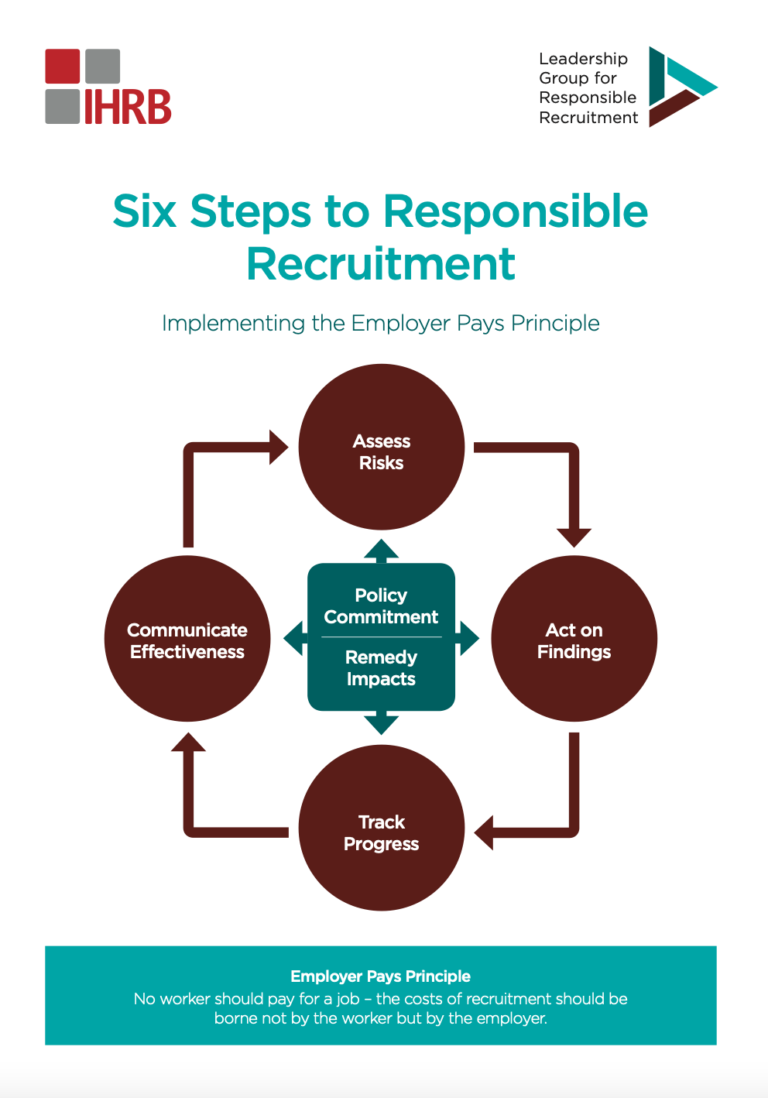State of compliance with decent work principles in Pakistan’s brick kiln sector
GuidancePublicationsThe “Promoting Decent Work in Brick Kilns” project, conducted by the Trust for Democratic ducation and Accountability (TDEA) in partnership with Pattan Development Organization (Pattan) and Sangat Development Foundation (SDF) with Solidarity Cen...Read More

